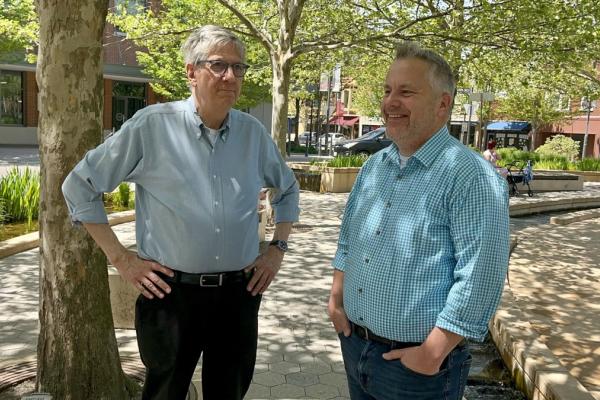Sorensen Secures Tax Dollars for Normal Infrastructure Projects

WASHINGTON, DC – Today, Congressman Eric Sorensen (IL-17) voted to pass a bipartisan spending bill in the House of Representatives that includes $2.4 million he secured for infrastructure projects for the Town of Normal.
“As the representative for Central and Northwestern Illinois, one of my top priorities is making sure that our communities are safer and healthier for decades to come,” said Sorensen. “By working across the aisle, I secured funding for projects to do just that by keeping our kids safer near schools and protecting homes and businesses from flooding.”
In the FY2024 Homeland Security Appropriations Bill that passed the House of Representatives, Sorensen secured $2.4 million for infrastructure projects to make Normal communities safer and healthier. The bill now advances to the Senate for passage and then heads to the President's desk for signature.
The projects Sorensen fought for and helped pass for Central and Northwestern Illinois communities are:
Street Upgrades to Improve Traffic Safety near Elementary School: Sorensen secured $850,000 to support a road improvement project along Vernon Avenue, which has fallen into disrepair in several locations. Specifically, funding Sorensen fought for and passed will be used to convert four-lanes into three lanes with a central turn lane near Colene Hoose Elementary School, to improve safety for drivers and students in the area.
Stormwater System Upgrades to Reduce Impacts of Flooding: $1,550,000 in funding is included in the spending bill to install a stormwater management system in areas of Normal that are prone to flooding. By improving Normal’s stormwater management systems in these low-lying areas, this investment will better protect nearby homes and businesses against floods and strengthen Uptown Normal’s central business district.
The projects Sorensen helped pass for Normal are the result of consultation with local officials and community leaders as part of the Community Project Funding process. This process allows members of Congress to direct funding for critical initiatives in their communities.
